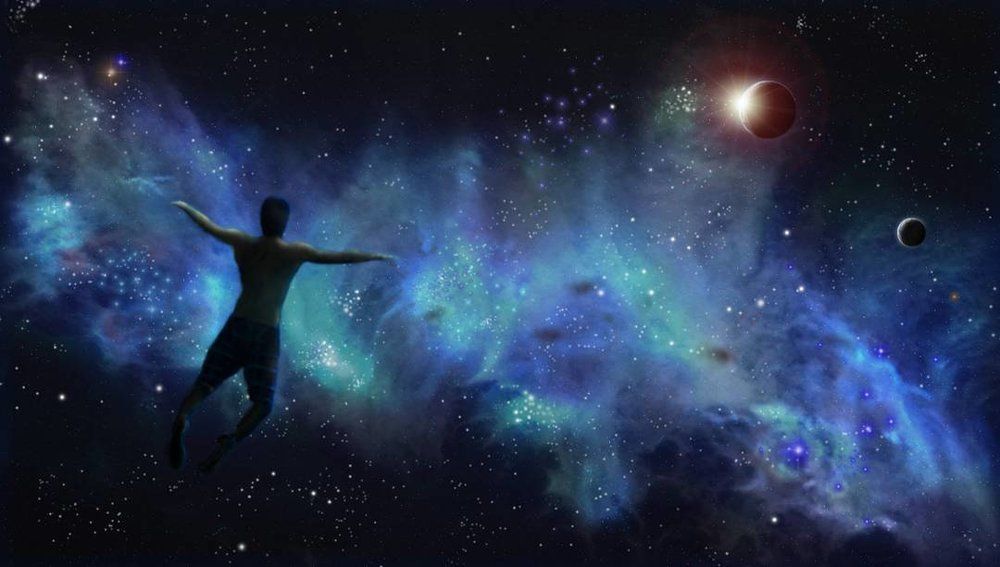
Your Hard A.R.S.E. Questions Answered
Share
Space. The final frontier. It's a vast and mysterious place that has captivated humanity for centuries. But with so much to learn, it's natural to have questions! Whether you're a curious child or an adult space enthusiast, this blog is here to answer your burning questions about the cosmos.
Q: Are we alone in the universe?
This is one of the biggest questions in science! We haven't found definitive proof of extra-terrestrial life yet, but the universe is unimaginably vast. With billions of galaxies and countless planets, the possibility of life existing elsewhere is high. Scientists across the globe are constantly searching for signs of life, from exoplanet exploration to analysing potential biosignatures in distant atmospheres.
Q: Can we travel to other stars?
With our current technology, interstellar travel is beyond our reach. The distances between stars are simply too enormous. However, scientists are constantly innovating. We're developing technologies like nuclear fusion propulsion and exploring concepts like wormholes or Alcubierre drives that could theoretically make interstellar travel possible someday.
Q: What's on the dark side of the moon?
The "dark side" of the moon is a bit of a misnomer. The moon, like Earth, rotates on its axis, so every side experiences sunlight at some point. The side that faces away from Earth for half the lunar cycle doesn't receive direct sunlight, but it's not completely dark. It can still be illuminated by faint reflected sunlight from Earth or the faint glow of distant stars.
Q: Can we live on Mars?
Mars is the most Earth-like planet in our solar system, and scientists are actively exploring its potential for future human habitation. However, the Martian environment is harsh, with a thin atmosphere, extreme temperatures, and high radiation levels. Significant technological advancements and resource development would be necessary to establish a permanent human presence on Mars.
Q: What are black holes?
Black holes are regions in spacetime where gravity is so strong that not even light can escape. They are formed when massive stars collapse in on themselves. The intense gravity of a black hole can warp spacetime and pull in any matter or energy that gets too close. Despite their name, black holes aren't "holes" in the traditional sense. They're more like incredibly dense points in space.
Q: How can I get involved in space exploration?
There are many ways to get involved in space exploration, even if you don't become an astronaut. You can:
Study science, technology, engineering, and mathematics (STEM) subjects. These skills are crucial for developing the technologies needed for future space missions.
Join citizen science projects. Many space agencies and research institutions offer opportunities for the public to contribute to real scientific research.
Support space advocacy groups. These groups promote public awareness and funding for space exploration.
Follow space news and updates. Stay curious and learn as much as you can about the universe!
This is just a taster of the incredible world of space exploration. Keep exploring, keep asking questions, and who knows, maybe you'll be part of the next generation of space pioneers!
You’ve come this far…
Why not venture a little further into A.S.S. - our exclusive Australian Space Society.
And keep thrusting Australia into the deep unknown…
#Space_Aus




